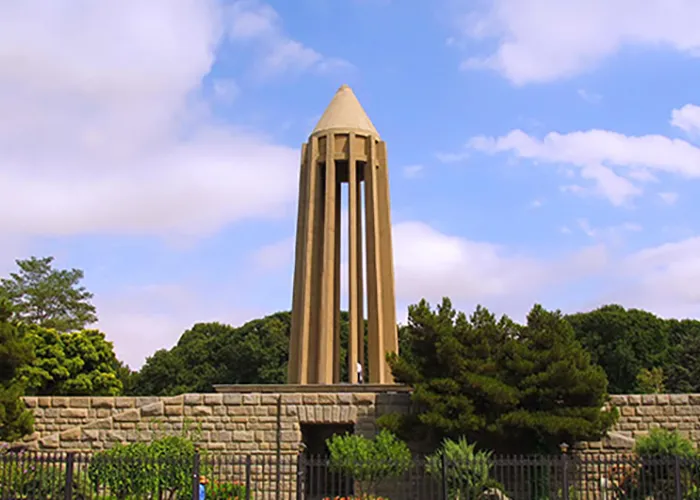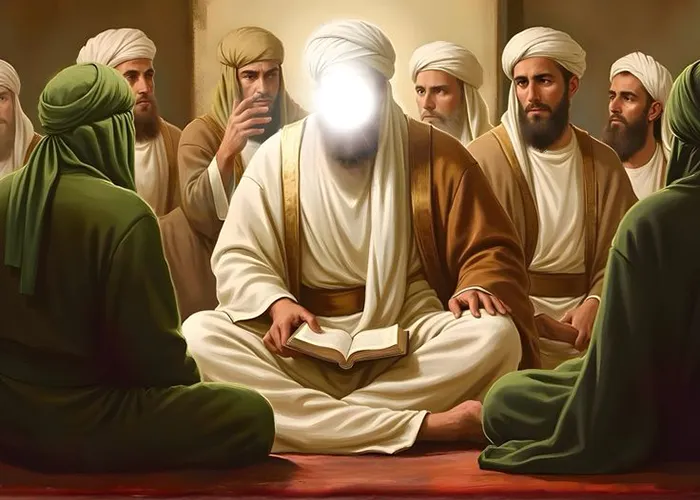Inspirational Tales – Volume02 Issue15
The Boy Who Chose Books Over Gold – A Story from the Life of Ibn Sīnā
In the heart of the Islamic Golden Age, a young boy named Ḥusayn ibn Sīnā, later known to the world as Avicenna, was already showing signs of extraordinary brilliance. Born into a world where learning and scholarship were held in the highest regard, Ibn Sīnā’s mind was one of the brightest of his time. By the age of 18, he had not only memorized the Qur’an but had also mastered Islamic law, delved deeply into philosophy and mathematics, and even began his early studies in medicine. His prodigious talent was clear to all who encountered him, and it wasn’t long before he made a name for himself as a physician and scholar of immense promise.
As his fame spread, it reached the ears of Nūḥ ibn Manṣūr, the Sāmānid ruler, who had fallen seriously ill. Despite the efforts of many experienced doctors and scholars, the ruler’s condition continued to deteriorate. Desperate, Nūḥ ibn Manṣūr called for Ibn Sīnā, hoping that this young physician, who had already earned renown, might possess the wisdom to heal him.
With a calm confidence and deep understanding, Ibn Sīnā carefully examined the ruler, diagnosed his illness, and prescribed a treatment plan that ultimately restored the king’s health. Grateful beyond measure for his recovery, Nūḥ ibn Manṣūr summoned the young doctor to express his gratitude. As a reward, the king offered Ibn Sīnā a range of treasures: riches, land, or even a royal title.
However, Ibn Sīnā, ever the scholar, declined the offer of wealth and power. Instead, he made a humble request: “Grant me access to your royal library.”
The ruler, astonished by such a request, complied. This library, one of the greatest in the region, housed an invaluable collection of rare manuscripts, ancient Greek texts, and treasures of knowledge that had been lost to the world. For Ibn Sīnā, it was not gold or titles that he sought, but rather the wealth of knowledge contained within those pages. The young physician spent countless hours in the library, absorbing wisdom from the great minds of antiquity, which would later shape his own work.
In the years that followed, Ibn Sīnā would go on to write The Canon of Medicine, a groundbreaking work that would influence medical practice in both the East and the West for centuries to come. His story serves as a powerful reminder that true greatness is not found in the pursuit of material wealth or power, but in the sincere, unrelenting quest for knowledge. Ibn Sīnā’s life also reminds us that when one’s intentions are pure, and the search for knowledge is undertaken with humility and dedication, the world opens its doors to transformative opportunities.
In the end, it is not the riches one amasses that define a legacy, but the impact of one’s contribution to the collective wisdom of humanity. Ibn Sīnā’s story is a testament to the enduring power of knowledge, a legacy that continues to shape the world long after his time.
editor's pick
news via inbox
Subscribe to the newsletter.




